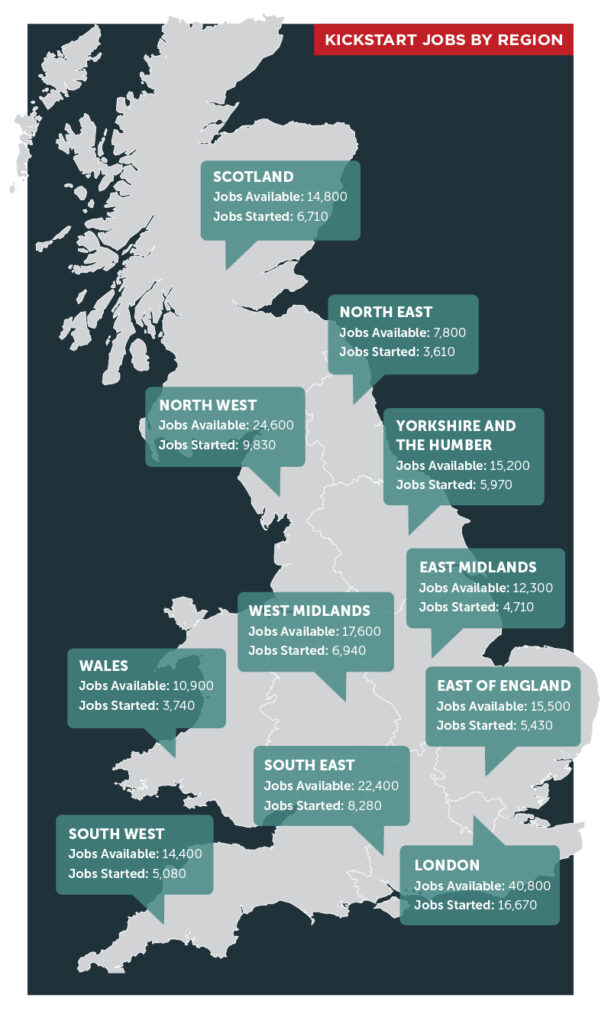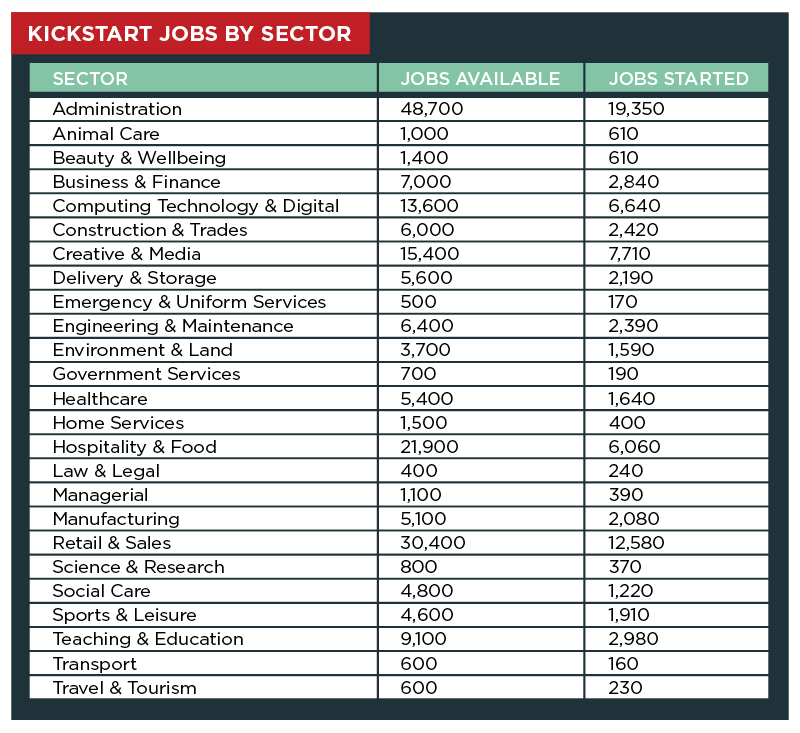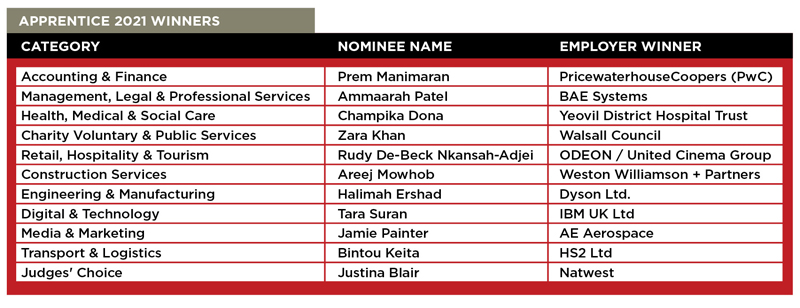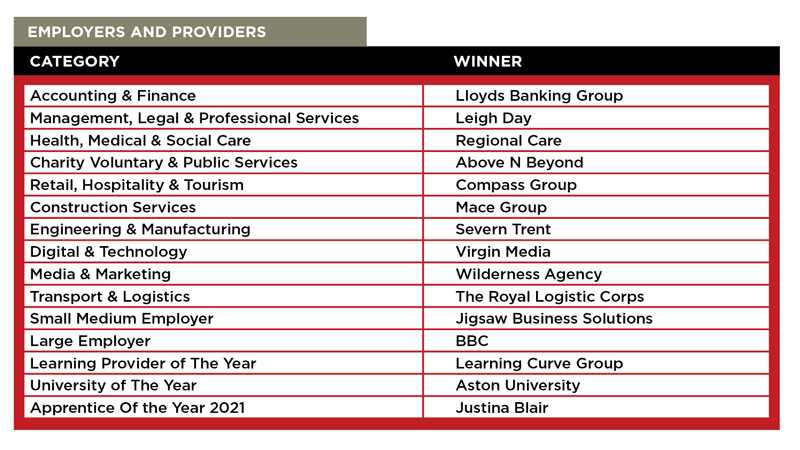Post-16 education reforms must be “agile” and help learners reskill as well as upskill to meet employers’ needs, according to a new report by education giant Pearson.
Former skills minister Anne Milton was commissioned by the awarding body behind BTECs to chair a series of roundtable discussions between April and March 2021, and the report also draws on polls of several thousand vocational learners, parents and employers.
It found that two thirds (62 per cent) of business leaders are worried about their ability to find recruits with the right skills for their vacancies. A third (36 per cent) of them revealed they have not been able to expand as a result of the skills gap.
The Association of Colleges, the Federation of Small Businesses and several MPs were among the attendees to roundtables, which discussed 16 to 19 qualifications, higher technical education, the lifetime skills guarantee and the lifelong loan entitlement.
Today’s report, Spotlight on Workforce Skills, contains a series of recommendations for those policy areas. Here are four key proposals…
1. Extend training funding to those looking to reskill, not just upskill
The government’s lifelong loan entitlement, due to roll out in 2025, should enable learners to access funding for single modules of a qualification, as well as the full course.

This, it is reckoned, will “allow learners to reskill/upskill to support their career development,” and means they can “build up to full qualifications over several years”.
Funding will need to reflect this flexibility, the report adds, as the student finance system is not currently arranged to support a break in learning, to encourage learners to participate in learning more flexibly, or to enable “credit accumulation”.
A poll of working-age adults run for this review found over a tenth cited financial and time concerns as their reasons for not learning.
“Rigidity of funding” has driven people straight from level 3 to degree programmes, “and will require not just significant change to the system of finance, but also the behaviour and expectations of learners,” says the report.
2. Learners who already have a level 3 qualification should be able to access funding to take another to reskill
A roundtable covering Yorkshire, the south east, London and East Anglia found that retraining the economy “requires” the government’s new lifetime skills guarantee to “include those with existing level 3 qualifications”.
The guarantee – announced last year by prime minister Boris Johnson – includes an offer to a free, full level 3 qualification for every adult without one.
Pearson’s report warns “many adults who achieved a level 3 qualification several years ago want to reskill, but are prevented from doing so”.
This is due to the Department for Education’s equivalent or lower qualification review, which mandates that anyone with a level 4 to 6 qualification cannot receive public funding to study an equivalent or lower course, except for part-time technical degrees and certain subjects such as healthcare or teaching.
This rule ought to be relaxed, the report says, to “help adults develop new, relevant skills”.
3. Give local leaders more say over cash for training
Two roundtables covering the north west and south west and looking into 16 to 19 qualifications found providers and employers want flexibility to develop solutions for their local skills and labour market needs.
National funding rules prevent them from achieving this goal, which “would improve local talent retention and development”.
Overall, the report reads, the “balance between national oversight and local autonomy needs to be better aligned”.
So, a “broad” policy framework would be set at a national level, with flexibilities allowing providers and employers to deliver strategies based on local circumstances.
Through the Skills for Jobs white paper, and the Skills and Post-16 Education Bill currently being passed into law by parliament, the government is piloting local skills improvement plans to make colleges align courses with local employer need.
Pearson says the plans could support the report’s aims, but “their emphasis needs to be on local need rather than accountability”.
4. The post-16 system needs to be more agile to respond to shifting skills and employment patterns
Ministers have pledged to introduce new higher technical qualifications (HTQs) from September 2022, which will have to address employers’ skills needs and meet employer-led occupational standards.
Pearson says HTQs will “need to be agile enough to remain relevant in the face of rapid change,” citing the risk occupational standards “could become the reflection of a point of time,” so HTQs do not “equip learners for the jobs of today and tomorrow”.
Concerns have also been raised around government reforms to level 3 qualifications, following a two-year consultation on level 3 and below courses concluded this year, which could mean courses such as Pearson’s own BTECs become “rare” if they overlap with T Levels.
The Pearson report says the level 3 reforms “could exacerbate” a misalignment between the demands of the labour market and the need to be more agile to meet shifting skills and employment patterns.
This is because the “high-quality” qualifications, recognised and valued by employers, could lose public funding, Pearson says.











